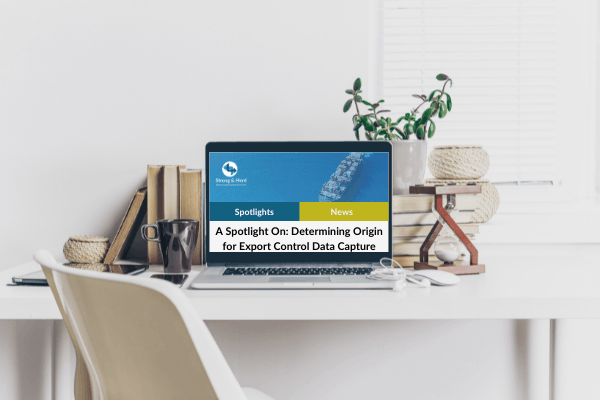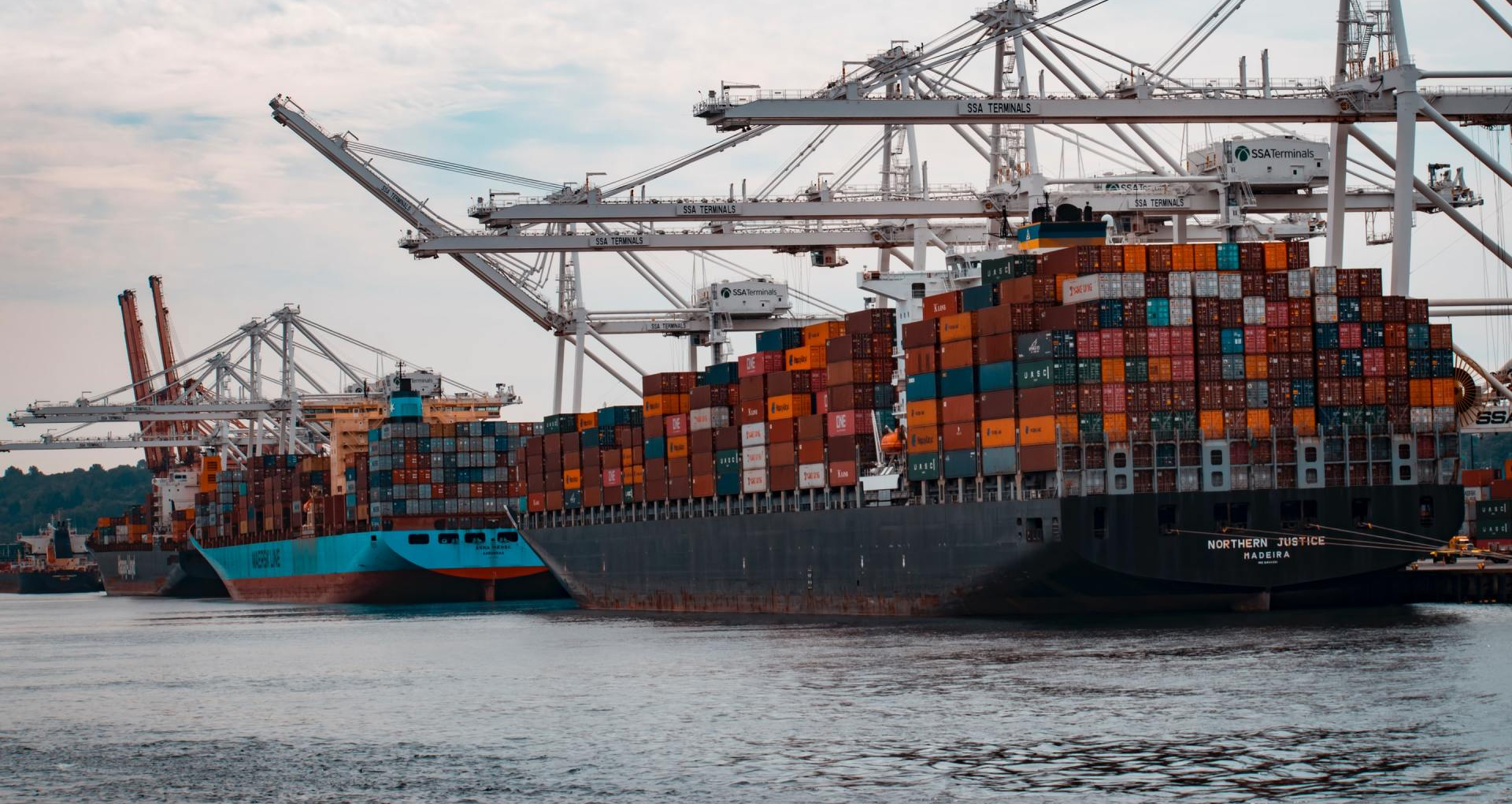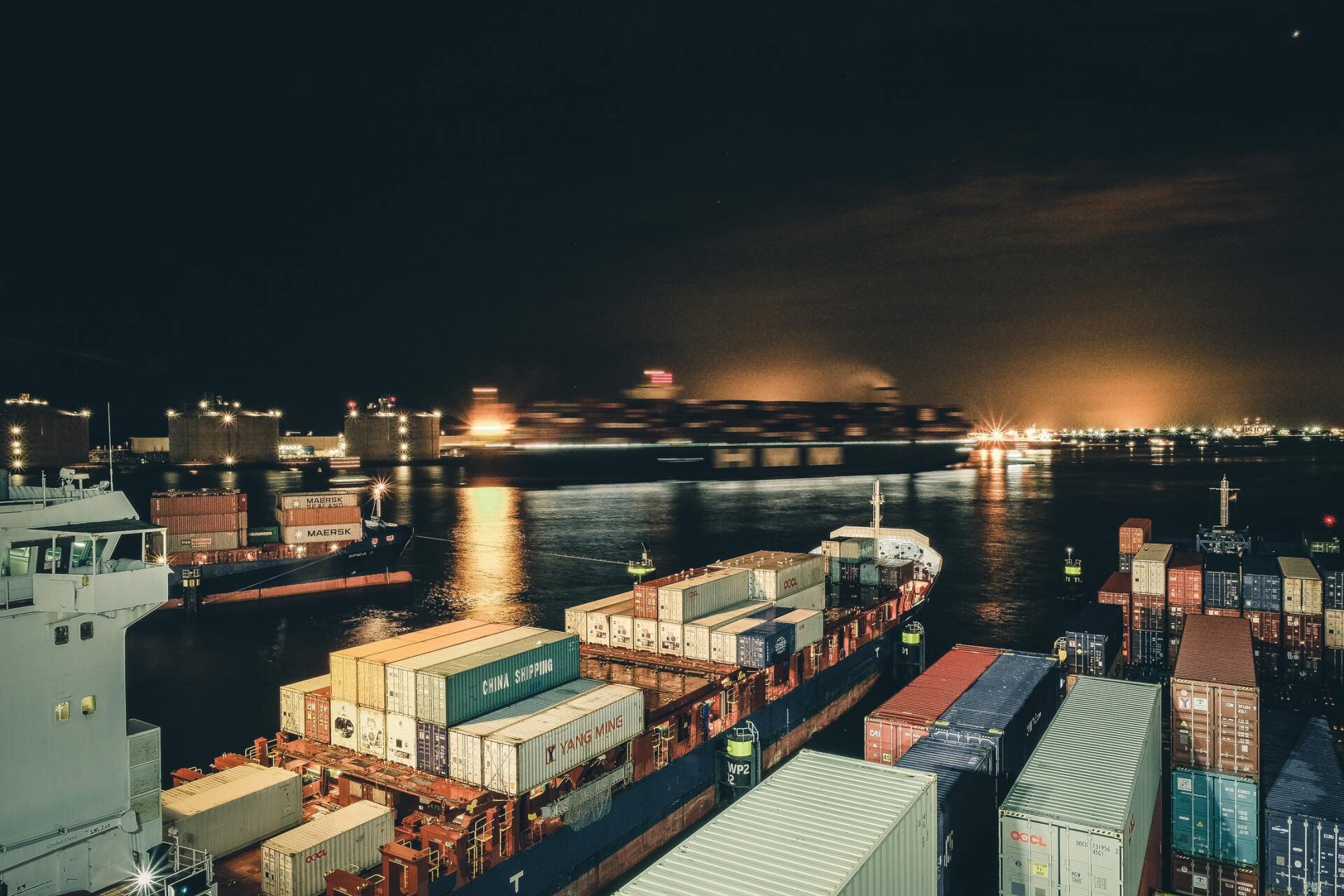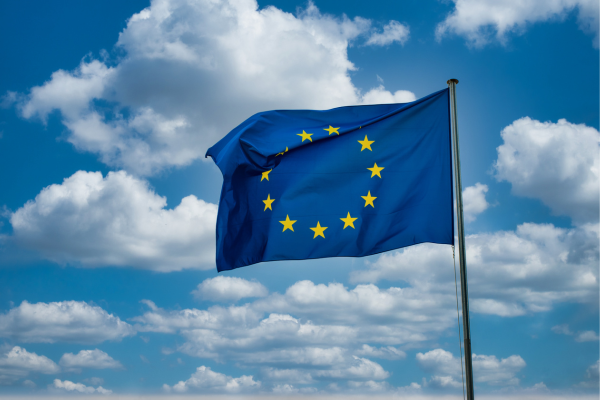BY:
SHARE:

Knowing where the goods you export from the UK were made is essential both for customs compliance and to ensure you are compliant with other countries’ export control regulations.
Capturing other country controls for export purposes
Knowing where the goods you export from the UK were made is essential both for customs compliance and to ensure you are compliant with other countries’ export control regulations. This should not be confused with confirming whether goods meet the preference origin rules of a trade agreement, we are talking about clearly establishing the non-preferential origin of the goods, or, as it’s sometimes called, the economic nationality of the goods. This can be a major task for UK companies, as they need to record non-preference origin within their systems from both overseas and UK based suppliers – just because you buy something from a UK supplier, doesn’t mean it was made in the UK. Below we look at how non-preference origin links to other countries export control regulations.
USA Origin goods
The USA tightly controls re-export of USA supplied goods. If a business is procuring USA manufactured goods or technology, a control will likely apply and that control should be recorded to be demonstrated on the re-export paperwork, even if the goods are integrated into UK manufactured goods for export.
It will be important to understand what’s what.
US goods do not need to be ITAR (International Trade in Arms Regulations) controlled to have a US regulation control attached. UK businesses will also need to comply with the USA Export Administration Regulations (EAR). A high proportion of US supplied goods are subject to onward supply restrictions based on their US commercial classification, or their ultimate destination from the UK.
Other Country Controls and Demonstrating Due Diligence
UK suppliers can find that they are asked to sign End Use Certificates when buying goods from an EU member state. The goods may not be subject to any military or dual use classification control. The EU supplier may simply be evidencing their due diligence for export control compliance purposes relating to embargoes, sanctions or other similar ‘catch all’ controls.
We will also have to understand, for example, that some French, German and Dutch customers may require legalised documentation from their UK suppliers to evidence to their own national authorities that UK export controls have been given due consideration before goods have been exported from the UK.
Tighter controls are becoming more prevalent.
Evidencing End Use to Support Supply
Should a UK business be requested to sign any End Use certification as part of the supply process, the certification should be checked by a competent authority before being signed.
Most likely, the customer will request that an End Use statement is printed on the supplying company’s headed paper, duly stamped with the company stamp, and signed by someone senior in the business as that competent authority.
Commodity classification and control documents are becoming an increasing requirement to support procurement and supply terms and conditions of contract.
File the data and comply with the obligations:
If a UK business is required to sign documentation to support either procurement or supply, it will be necessary to keep copies of any statements or assurances made, and a flag or link on the goods inventory record to make sure that the assurance is supported, and the obligation duly recorded and kept.
While you're here, you may be interested in
- Export Control Review
- Customs Compliance Review
- Company Audit / Health Check
- S&H Industry Insights
- Glossary of customs and trade terms
- Live Specialist Clinics:
EU - UK TCA Supplier Declarations - Live Clinic
Lithium Batterries - Live Clinic
ExWorks and Evidence of Export Live Clinic
- S&H business support helpline options now includes the CDS Community Support with priority helpline for any CDS & GVMS queries as well as other members' benefits
OneCall™ Email assistance as and when required; A one-call solution for all your import, export and customs enquiries. Export help. Import help. Customs help.
Stay informed about customs and international trade matters by subscribing to our OneCall™ service. This comprehensive offering includes a dedicated email helpline for support, timely practical updates direct to your inbox (Did You Know?), monthly UK Customs & Trade Briefings and access to an interactive members' area with an exclusive community for our subscribers.
International Trade Updates & Spotlight Newsletter
Subscribe to our free information emails covering international trade topics...













